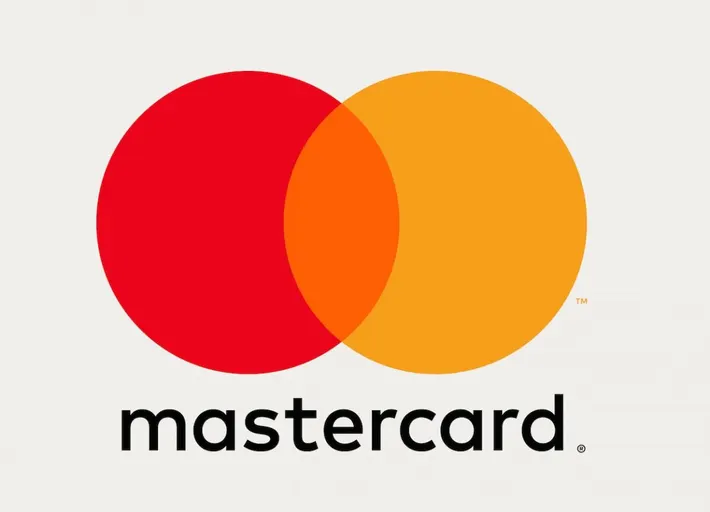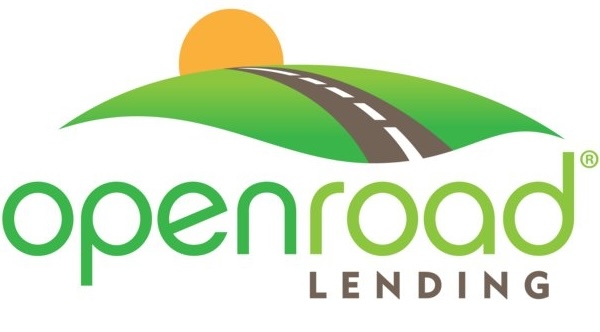Rise Credit Review: What You Need to Know Before You Borrow
Click here to apply for up to 40 lenders at once. Soft Credit Checks
What Is Rise Credit?
Rise Credit is an online lender that provides high-interest personal loans to borrowers with low or fair credit. Marketed as a better alternative to payday loans, Rise is owned by Elevate, a Texas-based fintech company. While they advertise fast funding and flexible terms, the interest rates can reach sky-high levels.
Most Rise Credit loans are issued by FinWise Bank or CCBank, depending on your state. If you’ve received a pre-approved offer in the mail, it’s likely based on soft credit data or alternative credit scoring models.
Who Should Consider a Rise Credit Loan?
Rise Credit targets people with credit scores between 500 and 620, although approval depends on more than just your credit score. Rise also evaluates:
- Income and employment stability
- Bank account activity
- Existing debt levels
- Repayment history
Borrowers typically use Rise Credit for short-term emergencies like car repairs, utility bills, or medical expenseswhen traditional banks and credit unions won’t lend to them.
How Much Does Rise Credit Cost?
This is where Rise Credit becomes controversial. The annual percentage rate (APR) on their loans ranges from 60% to 299%, depending on your state and credit profile.
| Loan Amount | Term Length | Estimated APR |
|---|---|---|
| $500–$5,000 | 7–36 months | 60%–299% |
For example, borrowing $2,000 at 160% APR over 12 months could result in over $2,500 in interest alone, more than doubling the total repayment.
Tip: Use a personal loan calculator to estimate your true borrowing cost. [Link to calculator]
Is Rise Credit a Payday Loan?
Technically, no. Rise Credit offers installment loans, which are repaid over time in fixed monthly payments. That said, the interest rates and target audience are similar to payday lenders.
In fact, in some states like Texas and Nevada, Rise’s APRs can be just as punishing as payday loans. However, Rise loans do offer:
- No prepayment penalties
- No hidden fees
- Fixed repayment schedule
They are a step above payday loans—but not by much in some cases.
Rise Credit by State: What You Should Know
Your loan terms depend heavily on where you live. For instance:
- Georgia: Minimum loan amount is $3,100, APR is capped at 60%.
- Texas: Loans as small as $500, but APRs over 150%.
- California: Loans from $300 to $5,000, typical APRs 110%–199%.
Always check your state’s regulations or visit RiseCredit.com/state-rates for specific terms.
Pros and Cons of Rise Credit
✅ Pros:
- Accepts borrowers with poor credit
- Fast funding—sometimes same day
- No prepayment penalties
- May report on-time payments to credit bureaus
❌ Cons:
- Very high interest rates
- Expensive long-term borrowing
- Not available in all states
- Can be difficult to pay off early without a plan
Alternatives to Rise Credit
Before taking a Rise loan, consider:
- Credit unions – often more flexible for members
- Online lenders for fair credit – such as Upgrade, LendingPoint, or Best Egg
- Buy-now-pay-later options – for medical bills or large purchases
- 0% APR credit cards – for qualified borrowers
See our full guide to [personal loans for bad credit].
Final Verdict: Is Rise Credit Legit?
Yes—Rise Credit is a legitimate lender, but legitimacy doesn’t mean it’s a great option. For people in a financial bind, it can be a temporary solution. However, the high cost of borrowing means this loan should only be used as a last resort and for short-term needs.
If you do take a Rise loan, make a plan to repay it quickly. Paying interest for 12+ months at triple-digit APRs will cost far more than the loan is worth.






























